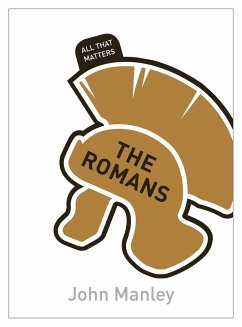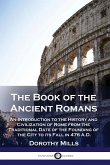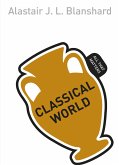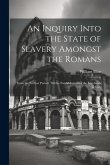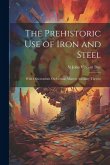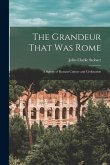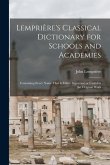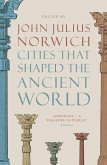In The Romans: All That Matters, John Manley focuses on some of the fundamental aspects of the Roman Empire, especially those topics that have relevance beyond the study of Antiquity itself - how its material remains and philosophical concepts have survived and still influence us today. How did a rather obscure settlement spread over a few hills on the banks of the Tiber come to dominate the lives of 65 million people? What drove this relentless desire to conquer? How did Rome manage to maintain direct rule over such a vast area - from present-day Scotland to Syria - approximately 6 million square kilometres? The answer, in part, is that there were many different kinds of Roman culture, as each separate provincial elite, each region and each group of indigenous community leaders, chose slightly different elements of the Roman colonial 'package' to establish their particular identity. This accessible and readable book will appeal both to students and general readers, giving a fascinating introduction to the Romans - and what mattered most about them.
Hinweis: Dieser Artikel kann nur an eine deutsche Lieferadresse ausgeliefert werden.
Hinweis: Dieser Artikel kann nur an eine deutsche Lieferadresse ausgeliefert werden.

